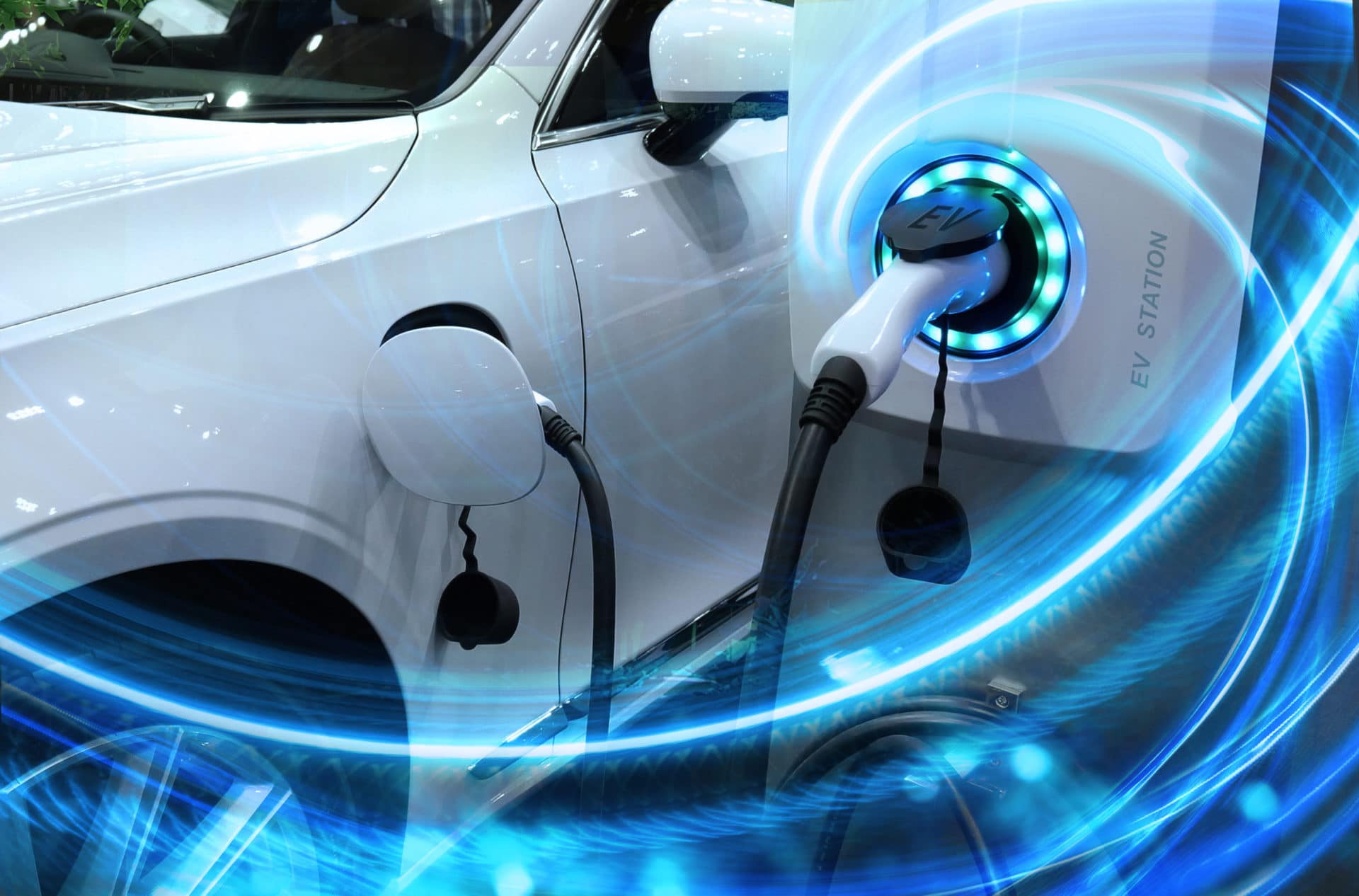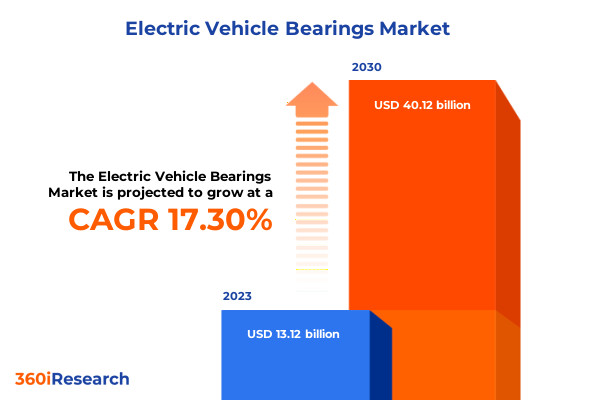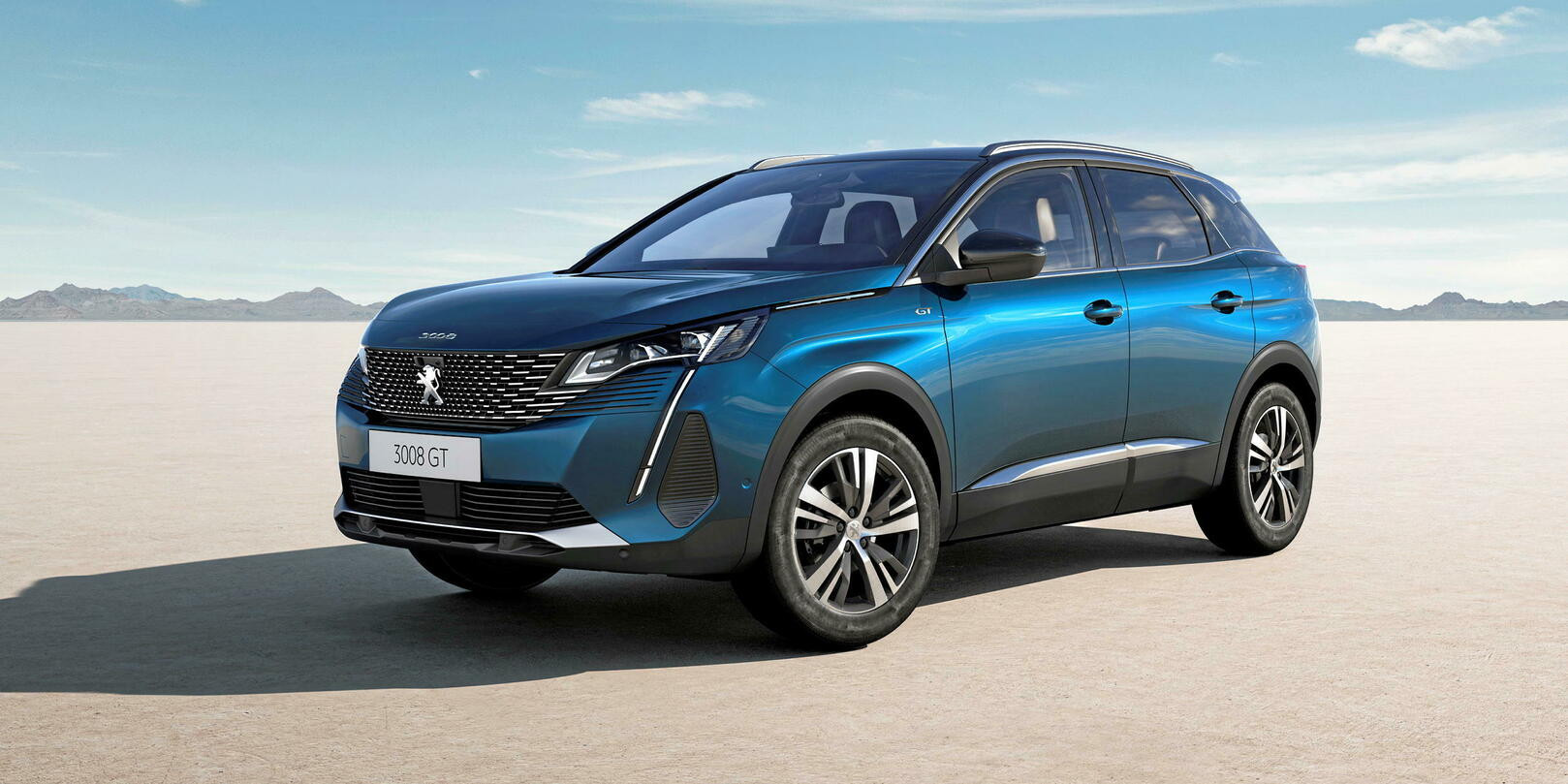The Rise of Electric Vehicle Bearings: A $32.4 Billion Market by 2034
The demand for electric vehicles (EVs) is accelerating globally, and with it, the need for specialized bearings designed to handle the unique demands of electric powertrains. The electric vehicle bearings market, currently valued at $8.96 billion, is projected to reach a staggering $32.4 billion by 2034, growing at a CAGR of 13.7%. This growth is fueled by a confluence of factors, including the rising popularity of EVs, stricter environmental regulations, and the emergence of innovative startups challenging established players.
Industry Landscape: Established Giants and Emerging Startups
The electric vehicle bearings market is a dynamic ecosystem with established giants and ambitious startups vying for market share. In 2023, established players dominated the market, accounting for 68% of the market share, while startups captured 32%. This indicates a healthy balance between established expertise and disruptive innovation. As the EV industry continues its upward trajectory, we can expect to see even more players entering the global electric vehicle bearings market.
Shifting Gears: From Conventional to EV-Specific Bearings
The early days of the electric vehicle bearings market were largely reliant on adaptations from the conventional automotive industry. Traditional roller and ball bearings were gradually replaced by specialized varieties designed to meet the high rotation speeds and low noise requirements of electric motors. However, with the rapid growth of the EV sector, the focus has shifted towards developing high-performance bearings specifically engineered for electric vehicles.
Regional Dynamics: North America Leads the Charge
North America emerged as the fastest-growing market for electric vehicle bearings, registering a substantial CAGR. Europe is also poised for significant growth in EV bearing adoption, driven by the rising popularity of EVs in both the commercial and passenger segments, alongside the commitment of major European automotive companies towards EV transition. Within Europe, the United Kingdom is projected to exhibit the highest growth in the EV bearings market, fueled by extensive government support, robust EV adoption, substantial investor interest, and the emergence of innovative companies and startups developing cutting-edge technologies.
Propulsion Technology: Battery Electric Vehicles (BEVs) Take the Lead
The battery electric vehicle (BEV) segment has emerged as the dominant force in the electric vehicle bearings market. This dominance is attributed to the growing consumer preference for zero-emission vehicles and the tightening of environmental regulations in key automotive markets, driving the adoption of BEVs. These vehicles necessitate a range of specialized bearings capable of handling high rotational speeds, increased load capacities, and the requirement for energy efficiency to enhance range.
Application Focus: Motors at the Heart of EV Performance
The motor segment has consistently dominated the electric vehicle bearings market, as electric motors are fundamental to the efficient operation of EVs. These motors rely on bearings to minimize friction, ensure smooth operation, and sustain the high rotational speeds inherent in electric motors. The performance of the motor, which is the primary component converting electrical energy into mechanical energy, directly impacts the vehicle's efficiency, range, and reliability. The shift towards more powerful and efficient electric motors, driven by consumer demand for enhanced performance and range, has further amplified the demand for advanced, high-precision bearings.
Sales Channel Dominance: Original Equipment Manufacturers (OEMs) Lead the Way
The OEM segment has held the dominant position in the electric vehicle bearings market, as cutting-edge bearing solutions are directly integrated into the vehicle's design and manufacturing process. Manufacturers incorporate specialized bearings tuned to meet the high-performance requirements of electric vehicles, including enhanced durability under electric torque conditions, higher speeds, and increased load capacities. This integration is crucial for maintaining system efficiency and vehicle reliability, two critical competitive considerations in the rapidly evolving electric vehicle market.
Bearing Types: Ball Bearings Drive Growth
The ball bearing category reigns supreme in the global electric vehicle bearings market. Ball bearings excel in high-speed applications, adeptly handling both radial and axial loads, contributing to the smooth operation of electric vehicles. Their straightforward construction translates to lower energy consumption and reduced friction for EVs. Additionally, ball bearings offer cost-effectiveness and relative ease of manufacturing compared to other bearing types. This affordability makes them a compelling choice for extensive applications in the automotive sector, where cost optimization is paramount. Moreover, their versatility allows for use in other electric vehicle components, such as wheel hubs and motors, further solidifying their market leadership.
Material Selection: Steel Reigns Supreme
Steel dominates the global electric vehicle bearings market due to its exceptional strength, durability, and affordability. Steel bearings are favored for electric vehicle applications demanding high rotational speeds and torque handling, thanks to their superior wear resistance and high load-bearing capacity. Steel's ability to withstand challenging operating conditions without compromising performance integrity makes it a reliable material for EV manufacturers.
Market Dynamics: Drivers, Trends, Challenges, and Opportunities
The electric vehicle bearings market is driven by a confluence of factors, including the rising demand for EVs, stricter environmental regulations, and advancements in bearing technology. The industry is characterized by several trends, including the shift towards lighter and more efficient bearings, the development of new materials and coatings, and the growing adoption of integrated bearing systems. However, the market also faces challenges, such as the high cost of EV-specific bearings and the need for specialized manufacturing processes. Despite these challenges, the electric vehicle bearings market presents significant opportunities for growth and innovation.
The Future of Electric Vehicle Bearings: A Technological Revolution
The future of electric vehicle bearings is intimately tied to the evolution of EV technology. As EVs become more sophisticated and efficient, the demand for advanced bearing solutions will continue to rise. This demand will drive innovation in material science, manufacturing processes, and design, leading to the development of bearings that are lighter, more durable, and more energy-efficient. The industry is likely to see the emergence of new bearing technologies, such as magnetic bearings and ceramic bearings, which offer unique advantages for EV applications.
Conclusion: A Ride Towards a Sustainable Future
The electric vehicle bearings market is poised for significant growth in the coming years, driven by the burgeoning demand for EVs and the continued advancements in bearing technology. This growth will create opportunities for both established players and ambitious startups to contribute to the development and adoption of sustainable transportation solutions. As the world transitions towards a greener future, the electric vehicle bearings market will play a pivotal role in shaping the landscape of mobility for generations to come.


















